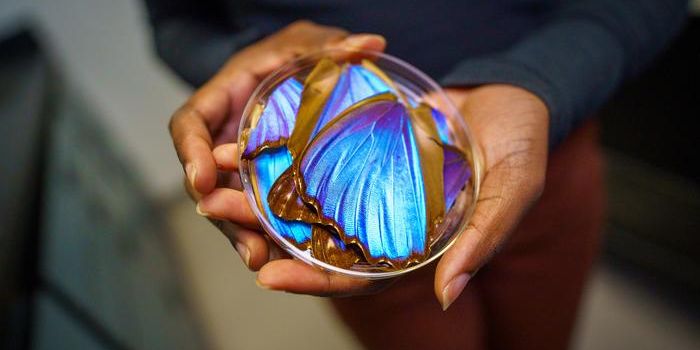Special $200,000+ Drone to Help Spot Shark Attacks in Australia
Australia is about to get high-tech and serious when dealing with search and rescue missions related to shark attacks off the water-locked continent’s coast.
Because Australia has ocean water on all sides, the continent is bustling with beaches. Of course, although beaches are fun, we’re still sharing the waters with another animal that can sometimes pose threats to humans – sharks.
Although shark attacks are typically rare and unlikely unless provoked, the reality is that they still happen, and we have to be prepared to handle them as quickly as possible to preserve lives.
Australia is tapping into the high-tech world of drones to help spot shark attacks and promptly notify emergency personnel to deal with the situation in the hopes that it’ll help save lives.

Costing anywhere from $200,000 to $250,000, this autonomous military-style drone known as Little Ripper is going to go through a trial run over the beach waters of Northern Australia. The goal is to see how well the drones fare at spotting trouble and potential shark dangers.
Armed with a high resolution camera and other safety equipment to help respond to and alert lifeguards of potential hazards that could be causing danger for beachgoers, the Little Ripper drone is prepared to tackle emergency situations and alert for help when it’s needed.
"The Little Ripper is the new, high-tech eye in the sky," Westpac chief executive Brian Hartzer said. "There are 17 Westpac helicopters around Australia and we hope this is going to work really well and become another very welcome sight around the coastline".
For it’s size, it’s pretty energy efficient too – it can fly around for about an hour before it needs to be charged up, so it’d make sense to have a drone arsenal at the disposal so that one could always be in the air while others were charging up.
Such technology would be helpful in many other parts of the world too, although Australia appears to be the initial testing ground at this point in time.
Source: The Sydney Morning Herald








